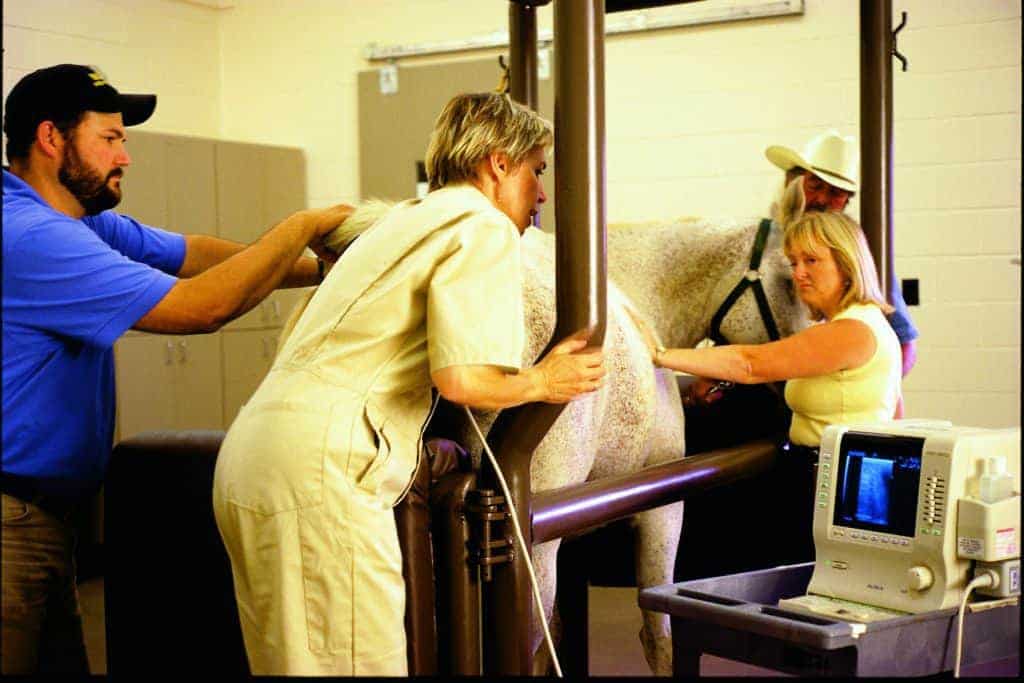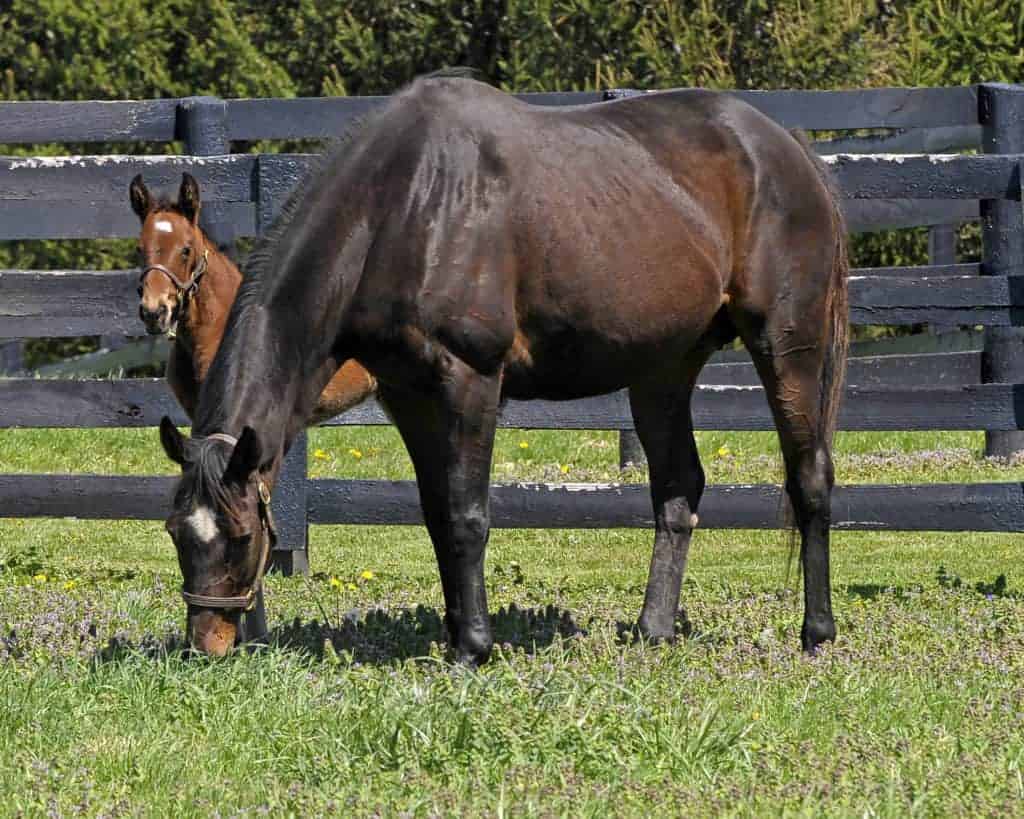
Breeding Basics: The Mare’s Reproductive Cycle
Christine Aurich, DVM, PhD, Dipl. ECAR, composed a comprehensive report about mares’ reproductive cycles.

Christine Aurich, DVM, PhD, Dipl. ECAR, composed a comprehensive report about mares’ reproductive cycles.
The New Bolton Center presents “Managing the High-Risk Pregnancy: Broodmares in the Third Trimester” Nov. 1.
The EHV-1 quarantine at the UTVMC was lifted today (Sept. 30).
No new horses have been confirmed EHV-1 positive since Sept. 21 in connection with the Tennessee cases.
The UKVDL reported an increased number of abortions and abnormal placentas due to nocardioform placentitis.
No new EHV-1 cases have been confirmed in California or Tennessee, statements from the CDFA and the UTVMC say.
Five additional horses at the index case’s home premises have tested positive for EHV-1 and are being treated.
No new EHV-1 cases have been confirmed at UT. The informational forum will take place Sept. 21 at 7:00 p.m.

Researchers recently set out to examine how pregnancy impacts insulin sensitivity and glucose levels.

An EHV-1 positive horse was admitted last week. No new cases have emerged at the medical center to date.

Seven horses from one farm and two residing on another premises have tested positive for neurologic EHV-1.
Eight additional horses in Tuolumne County are displaying clinical signs consistent of EHV-1.
A new case of neurologic EHV-1 was confirmed in California on September 12.
My horse will be hauled to a state affected by the recent equine EHV-1 outbreak. Should I be concerned?

Peripartum colic is a common but sometimes life-threatening complication often seen in broodmares.

Two additional California horses tested positive for neurologic equine herpesvirus-1 (EHV-1) on Aug. 24.
Stay on top of the most recent Horse Health news with
"*" indicates required fields